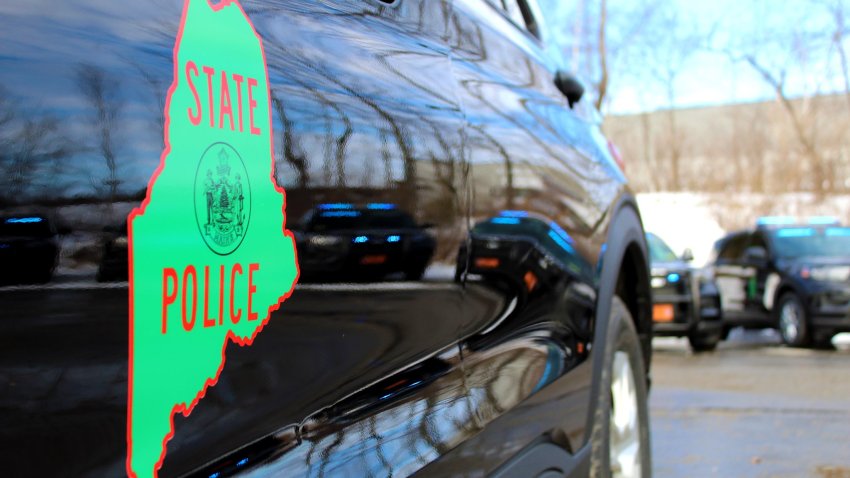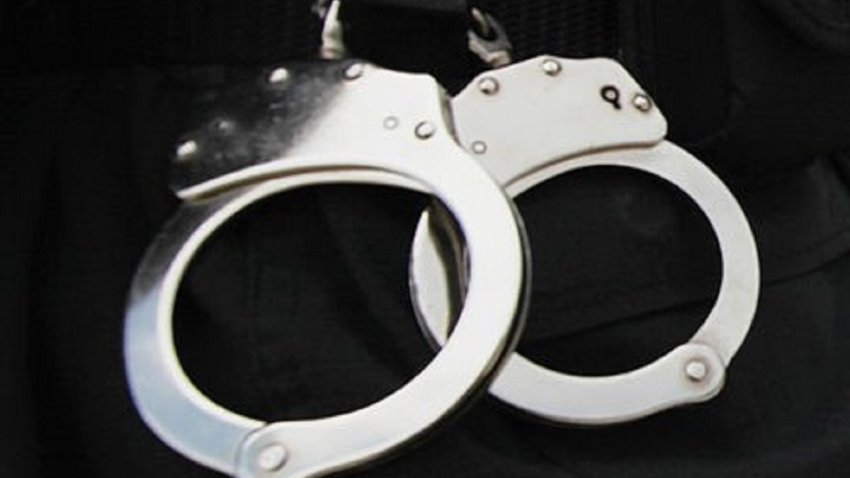

The Latest
-

Celtics become first NBA team to achieve this incredible playoff feat
The Celtics staged a remarkable turnaround in the second half of Game 5 vs. the Magic and made NBA history in the process.
-

The eye-opening numbers behind Patriots' roster turnover under Vrabel
Mike Vrabel has taken a sledgehammer to the Patriots’ roster since taking over in January. Here’s a rundown of how much has changed in New England.
-

Tolls at the Cape Cod bridges? One town official says yes
Tolls on the Cape Cod bridges? That’s what one town official says he’d advocate for.
-

Mosley's reaction to Banchero foul highlights difference between C's, Magic
Jamahl Mosley took issue with Paolo Banchero’s fifth foul in Game 5, in part because he knew the Magic couldn’t beat the Celtics without their star.
-

Rockport residents take woodpecker invasion in stride despite broken car mirrors
Rockport residents have a history of fighting off invaders, but not this time. During the War of 1812, townsfolk in the tiny fishing village hurled rocks at British soldiers using their stockings as slings. Now, they’re slinging trash bags and towels over the side mirrors of their cars to protect them from a destructive and determined pileated wood... -

Need a carousel or mini Ferris wheel? Edaville rides, attractions up for auction today
Flying Turtles, a Crazy Bus and a Cranberry Carousel — it all must go. The beloved Edaville Family Theme Park in Carver, Massachusetts, is auctioning off dozens of rides and attractions Wednesday starting at 10:30 a.m. Norton of Michigan has been commissioned to auction the equipment by the new owners, who are redesigning and updating the pa... -

19-year-old found fatally shot in car in New Bedford
A 19-year-old is dead after being shot in the head in New Bedford, Massachusetts, Tuesday night.
-

Watch live: Defense cross examines Jennifer McCabe in Karen Read trial
Key prosecution witness Jennifer McCabe returned to the witness stand Wednesday morning in Day 7 of the Karen Read murder trial. McCabe was questioned to start the day by special prosecutor Hank Brennan, and defense attorney Alan Jackson began cross examining her shortly after 10 a.m. Read is accused of hitting John O’Keefe, her Boston police... -

Jen McCabe expected back on stand for another day of testimony in Karen Read trial
Key witness Jennifer McCabe will return to the stand in Karen Read’s retrial Wednesday morning, with the focus expected to be on what happened after John O’Keefe’s body was found in the snow.
-

Downed utility pole creates traffic backup this morning in Charlestown
A truck ripped down a utility pole early Wednesday in Boston’s Charlestown neighborhood, creating a traffic backup during the morning commute. Officials on scene told NBC10 Boston that the pole with alive wires was down across Rutherford Ave. Both lanes going into and out of Boston were initially shutdown. No injuries have been reported. Traf... -

Enjoy the sunny, warm weather — changes are on the way for our weekend
Enjoy the sunny, warm weather! Changes are on the way for your weekend.
-

C's overcoming 3-point woes is a great sign for their title chances
The Celtics were forced to make adjustments against the Magic’sstingy 3-point defense, and they succeede









